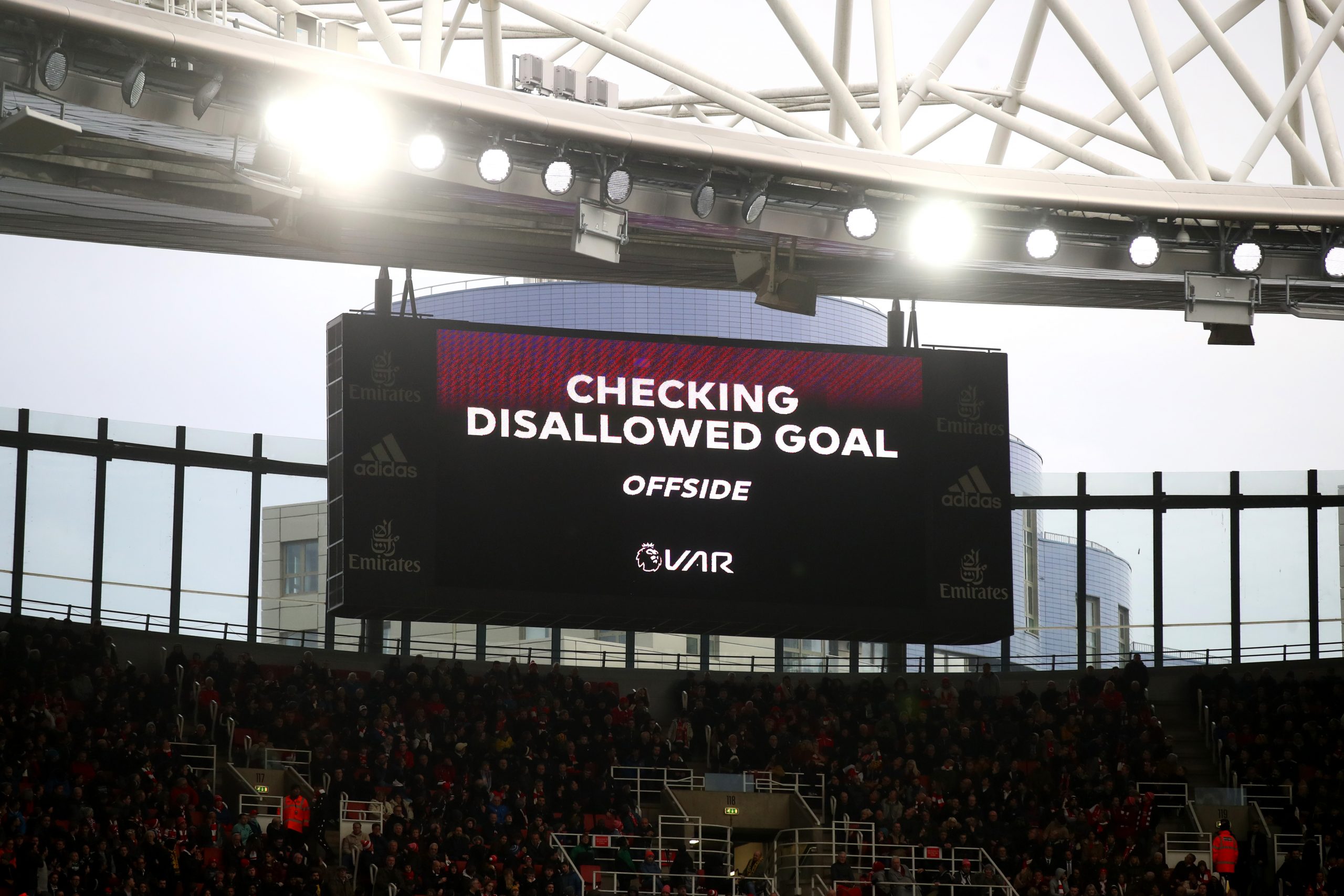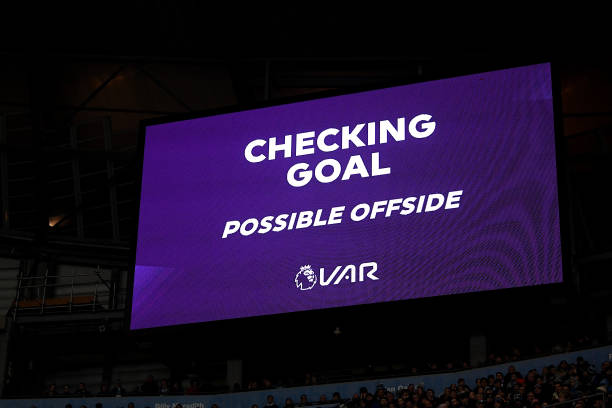In the world of football, where technology meets tradition, the introduction of the Video Assistant Referee (VAR) has stirred more pots than it has settled scores.
The Premier League, in a rare admission, has conceded that VAR, indeed, has its flaws, particularly highlighting the protracted review times and the less-than-ideal experience for stadium-goers.
Yet, amidst this acknowledgment, Arsenal and Liverpool have been called upon to temper their grievances regarding the system, despite the evident room for improvement.

Tony Scholes, the Premier League’s chief of football, has found himself in the eye of the storm, addressing criticisms from clubs head-on. “It doesn’t help when they have to go public with a statement when we are talking regularly,” he said, pointing out the ongoing consultations with managers, including biannual meetings and squad visits.
The crux of Scholes’ message was twofold: first, an assurance that efforts are underway to expedite VAR checks, thereby smoothing the flow of the game; and second, a promise to enhance the in-stadium experience for fans, which currently leaves much to be desired.
Yet, the path to VAR improvement is fraught with technological and regulatory hurdles. The idea of semi-automated offsides, touted for its potential to quicken decision-making, remains in limbo, with Scholes admitting to “areas that we’re not totally comfortable with” in current testing phases despite it being used globally to good effect.
Moreover, the dialogue around VAR is not limited to the speed and transparency of decisions. Scholes revealed ongoing investigations into a potential link between the increase in muscular injuries and the idle periods players endure during VAR reviews.
As the debate rages on, the Premier League finds itself at a crossroads, tasked with navigating the delicate balance between technological precision and the human essence of football.
For Arsenal, Liverpool, and the wider football community, the message is clear: constructive engagement over public confrontation. Or, in other words, ‘shut up, you’re making us look bad by highlighting how rubbish we are’.

